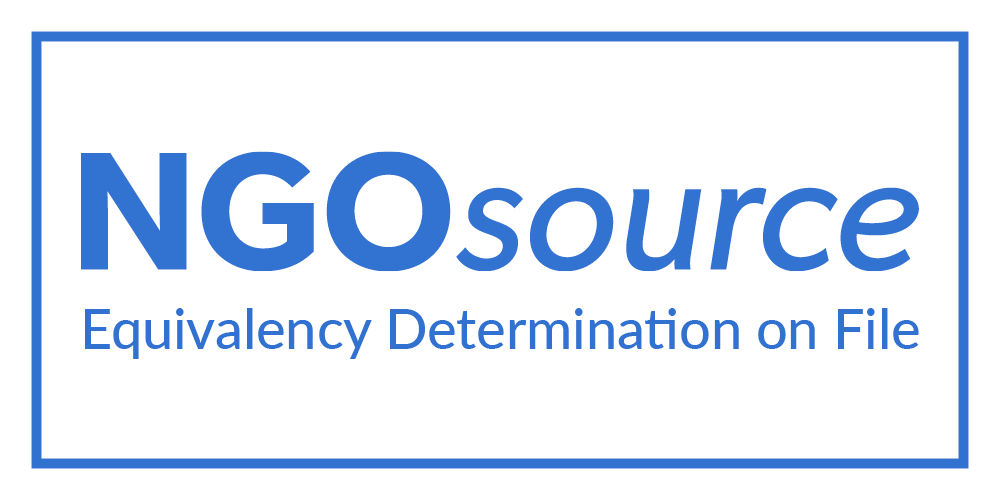Jakarta – Arts and cultural activists encourage the national and regional government to accelerate the enactment of Cultural Strategy and enforce all derivative regulations of The Law Number 5 of 2017 on Advancement of Culture.
“Five years has passed since The Law No. 5/2017 was issued. We highlighted at least three positive regulations, one of them is Dana Indonesiana. Still, Indonesia has to carry out three remaining tasks, especially regarding the enactment of Cultural Strategy which has not been signed by President Joko Widodo since 2018,” said Manager of Advocacy The Indonesian Arts Coalition (Koalisi Seni), on webinar ‘Dana Sudah Ada, Strateginya Mana?: Lima Tahun Implementasi UU Pemajuan Kebudayaan’ (The budget has been set, but the cultural strategy awaits: five years of implementation of The Law No.5/2017) on Tuesday, 24 May 2022.
The government has issued three strategic regulations regarding the advancement of culture. First, Government Regulation Number 87 of 2021 on Derivative Regulations of The Law No.5/2017 on Advancement of Culture. Second, the birth of Minister of Education, Culture, Research, and Technology Regulation Number 1 of 2022 on Monitoring and Evaluation Procedure on Regional Main Ideas of Culture (PPKD). Lastly, the establishment of Dana Indonesiana as Indonesia’s first cultural trust fund. Those three policies sparks optimism on future Indonesia’s cultural advancement.
However, Koalisi Seni identifies three remaining tasks awaiting to be tackled by the government. The first is regarding the Cultural Strategy which has not been ratified since 2018 by President Joko Widodo. Slow approval by the president hindered the formulation process of the Master Plan for the Cultural Advancement (RIPK) – which we identify as the second homework. The last task is about fulfilling the mandate in establishing the Ministerial Regulation on Utilization License of Object of Advancement of Culture by Big Industries and Foreign Parties.
In response to Hafez, Fitra Arda, Secretary of General Directorate of Culture of The Ministry of Education, Culture, Research, and Technology, clarified that the draft of Cultural Strategy was delayed because they were waiting for revision from The Ministry of State Secretariat. He assured that the draft is in the evaluation process by the related ministry.
Regarding Dana Indonesiana, Fitra mentioned, “We received 3.753 fund proposals on Dana Indonesiana. We need to spread the knowledge related to the submission procedure to avoid inequality and inability to access the fund. Regional governments (in the city and regency) and the cultural community must go hand in hand to hold policy briefs to more stakeholders.”
Fitra also hoped that the government could boost Dana Indonesiana budget from Rp 3 trillion to Rp 5 trillion as promised by President Joko Widodo.
Director of Synchronization of Regional Government III Affairs, Ministry of Home Affairs, Budiono Subambang, said that there are only seven provinces that already have a separated Culture Offices. “As we all know, at the provincial level there are only seven standalone Culture Offices. The remaining offices join other government affairs such as education and tourism. This typology impacted the available budget allocation. When the offices are combined, the budget for cultural advancement decreases.”
Moreover, Budiono also said that his office also set up a control mechanism to ensure harmonization of regional policy documents, planning, and budget related to cultural advancement. In the future, he hopes regional authorities could carry out cultural programs and budgets in accordance with their own PPKD.
While pushing the government to boost their coordination, the webinar also encouraged arts and cultural activists to actively monitor the implementation of The Law No.5/2017. New feature in the website pemajuankebudayaan.id allows the public to access PPKD documents at the provincial or city/regency level to monitor the implementation of regional cultural programs.
Marintan Sirait, arts activists and member of Koalisi Seni, also stressed out the importance of involvement of the younger generation, “One of the most important assets of the culture is youths. The future generations should not only be objects of culture but act out as the subjects. Therefore, their involvement in program planning is a must.”
Koalisi Seni commits to ensuring all groups equally enjoy the benefits of promoting culture, including vulnerable groups throughout Indonesia.
“Koalisi Seni will continue to be at the forefront to oversee the implementation of the Law No.5/2017. The task of ensuring cultural advancement runs effectively does not only belong to the government but also to the people,” said Kartika Jahja, Deputy Chairperson of Koalisi Seni.
The manuscript of the op-ed regarding the 5 Years of Implementation of the Cultural Advancement Law can be accessed at bit.ly/Op-Ed5thUUPK and a video recording of this dialogue can be seen at youtube.com/koalisiseni.



